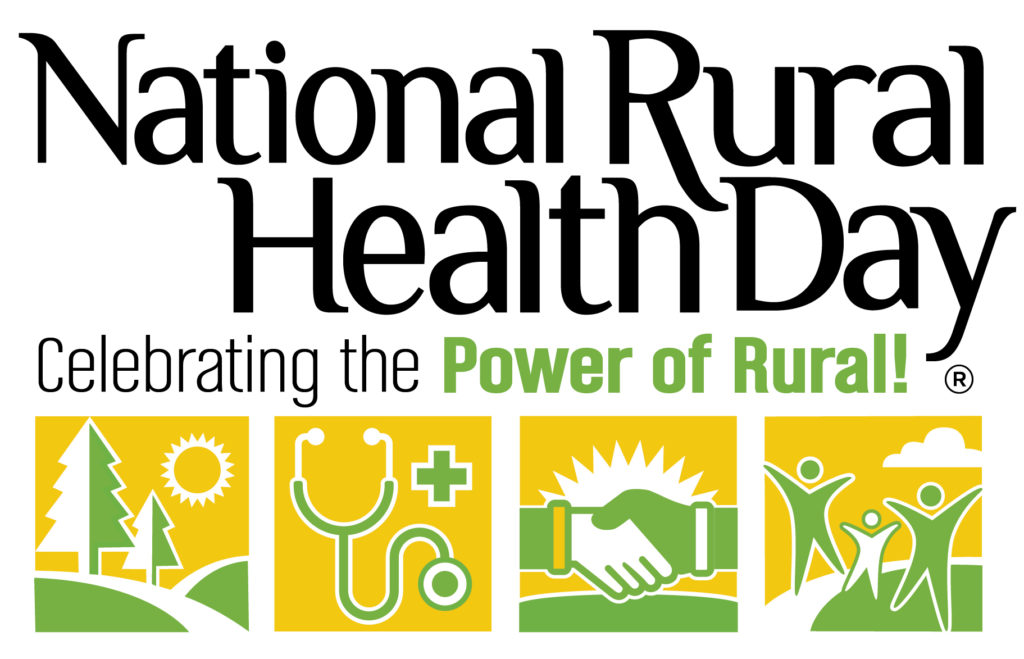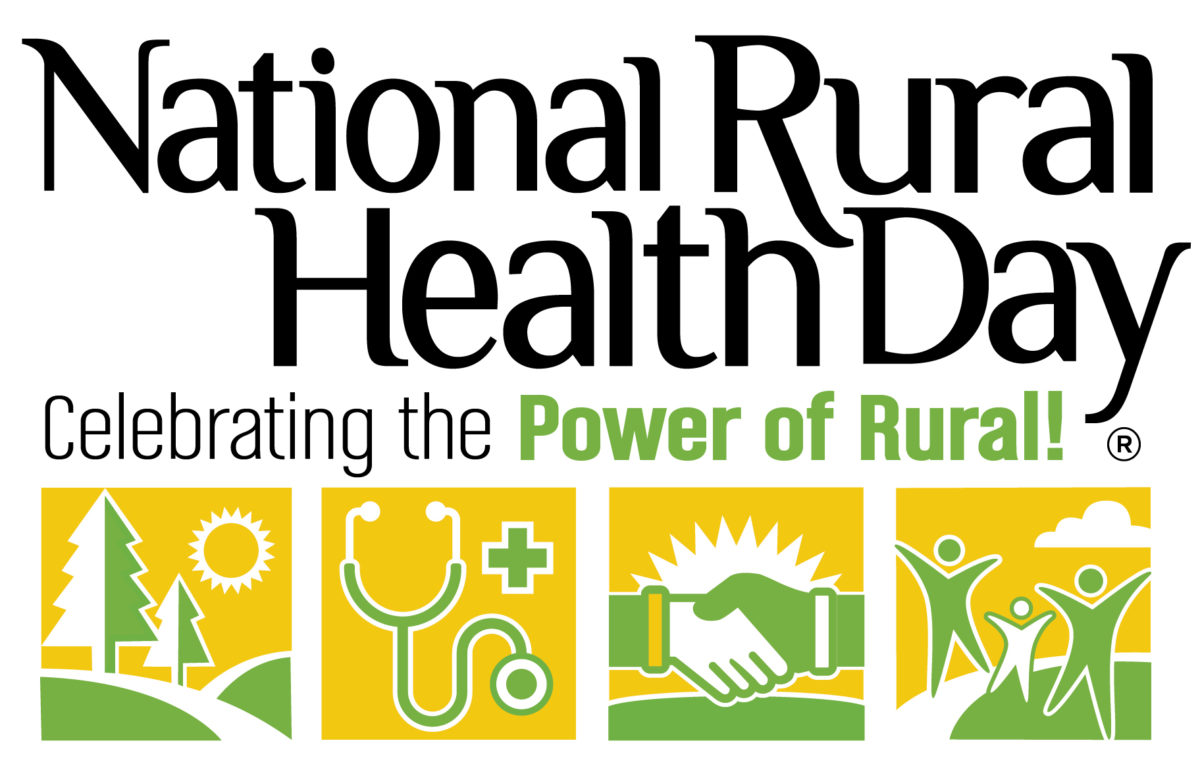
Salt Lake City—The Utah Department of Health and Human Services (DHHS) Office of Primary Care and Rural Health recognized 7 employees from healthcare facilities in rural Utah for making a substantial impact on the health of their communities. Their efforts are helping to make sure all Utahns have access to quality healthcare services and are given the opportunity to live safe and healthy lives—no matter where they live. Winners of the “Impact Awards” presented in honor of National Rural Health Day, include:
- Farley Crofts, chief financial officer, San Juan Health, Blanding, Utah. Crofts has worked as San Juan Health’s chief financial officer and marketing director for nearly 8 years. However, Crofts also spends 1 day each week serving in the Blanding Clinic. He emphasizes the importance of focusing on rural health clinics as an entry point into the healthcare system.
- Cecelia “Cece” Willoughby, outpatient infusion manager/case manager, Delta Community Hospital, Delta, Utah. Willoughby is being honored for bringing more access to infusion services and outpatient treatments, including wound care and chemotherapy, to people living in the Delta area. She also helped patients successfully transition to lower levels of care or home following hospitalization.
- Cheryl Brunson, registered nurse, Fillmore Community Hospital, Fillmore, Utah. When Brunson became the medical/surgical case manager, the hospital noted improved outcomes and increased employee engagement. Brunson has a natural talent for collaboration and encourages growth in her staff. She is a role model for integrity, and does the right thing, even when no one is watching.
- Dr. Zackery Taylor, director of pharmacy, Wayne Clinic, Bicknell, Utah. Taylor oversees 3 rural pharmacies and supervises a remote dispensing pharmacy for Green River Medical Center. He plays an important role in providing essential pharmacy services in rural areas, while showing deep commitment to his community’s well-being.
- Susan Harris, nurse manager, Garfield Memorial Hospital, Panguitch, Utah. Harris started as a certified nursing assistant, became a licensed practical nurse, registered nurse, and ultimately earned a master’s degree in nursing. She is now the nurse manager of the acute care unit. Harris is also an emergency medical technician (EMT), and frequently responds to emergencies in the community, staying to care for the patient after transport. Harris’ whole family cares for the community. Her son is an EMT and her husband is an EMT who also serves as fire chief in nearby Tropic, Utah.
- April Terry, primary care manager and medical assistant, Main Street Family Medicine, Enterprise, Utah. Main Street Family Medicine opened on November 1, 2021, and took an early step to recruit Terry, who had 20 years of experience and is “the heart of the community.” She is an emergency medical services volunteer, and one of the few certified emergency medical services trainers in the area. Terry’s team respects her work ethic, moral character, mentoring skills, and values her as a role model. She wears multiple hats with the organization, including lead medical assistant, vaccine coordinator, chronic care case manager, and liaison for a suboxone treatment program for patients in recovery from opioid use disorder.
- Sarah Boone, director of social services, Kane County Hospital, Kanab, Utah. Boone is the only licensed social worker with Kane County Hospital, serving patients in the skilled nursing facility and emergency and acute care departments. In this capacity, Boone recognized a need for additional behavioral health services in the community—and leveraging the business and billing infrastructure of the hospital—opened the hospital’s first outpatient individual and family therapy program in 2020, where she continues to maintain a full caseload. Boone is passionate about serving Kane County residents and tourists alike, providing inclusive and affirming care for all patients, and a safe space for the LGBTQIA+ community.
“Utah’s rural healthcare workforce keeps the hearts of these communities beating,” said Ashley Moretz, director of the DHHS Health Access Division. “It’s my pleasure to recognize these exemplary rural healthcare workers in honor of National Rural Health Day. At DHHS, we are striving to make affordable and quality healthcare services and programs accessible to all Utahns, no matter what corner of the state you live. We couldn’t do this without the dedication of our rural healthcare providers.”
Utah is a predominantly rural state. Rural counties make up 94% of the land mass and house approximately 10% of the population. People who live in rural areas often experience barriers to healthcare access, such as distance and transportation. Residents of rural and frontier counties in Utah are more vulnerable to poor pregnancy outcomes and related deaths.
Utah is home to 9 independent hospitals, 15 rural health clinics, 60 federally-qualified health centers, and a dedicated workforce. The Utah State Legislature and DHHS Office of Primary Care and Rural Health are working hard to incentivize healthcare providers—through loan repayment and other programs—to work in areas across the state with shortages of critical healthcare providers, like mental health professionals. This effort represents a unique partnership between the state and rural healthcare providers to improve health outcomes and lower the cost of care for Utahns.
National Rural Health Day is recognized on the third Thursday in November each year. Governor Spencer Cox declared November 12–18, 2023 as Utah Rural Health Week. These efforts are intended to recognize the efforts of rural healthcare providers, communities, organizations, State Offices of Rural Health, and other stakeholders, all of whom are dedicated to addressing the unique healthcare needs of rural America.
For more information about rural health in Utah, visit https://ruralhealth.utah.gov/.
